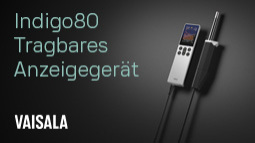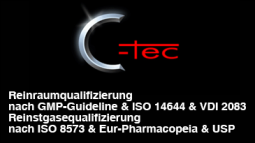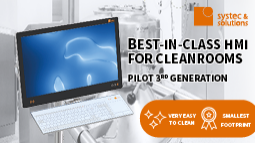Electropolished stainless steel, for high-end cleanroom furniture
In Pharmaceutical, Biotechnology and Medical productions, keeping the particle and microbiological contaminations to minimal levels is of paramount importance. To achieve the targets defined by the ISO 14664 norm and/or the Good Manufacturing Practices, a cleanroom manager shall pay attention to all the incoming and outgoing flows of personnel and consumables, but also to the quality of the equipment and furniture that stay permanently in the cleanroom.
For all the reasons mentioned below, basan, your cleanroom specialist since 30 years and now division of VWR, has selected for you the worldwide reference for electropolished stainless steel furniture, Palbam Class.
Stainless steel is the preferred choice for all cleanroom furniture and equipment, because of its mechanical resistance, low particle shedding, resistance to chemicals, and ease of cleaning. However, significant differences in performance can be observed according to the type of surface finish used : not all stainless steels are equivalent, and the most qualitative finish is by far electropolishing.
What is electropolishing ?
Electropolishing is an electrochemical process by which surface material is removed by anodic dissolution. Electropolishing removes surface material, beginning with the high points within the microscopic surface texture. By removing these points, the electropolishing process will improve the surface finish, leaving a smoother and more reflective surface.
As electropolishing is not a surface coating, there is no risk of peeling or surface distortion over time. And because the process involves putting the piece of furniture in a bath of electrolyte, the whole surface is treated, even the most intricate areas that would be inaccessible to mechanical polishing.
Benefits of electropolishing
Electropolishing gives stainless steel several benefits for a use in cleanrooms :
1. Dramatically enhances passivation (corrosion resistance), by preferentially removing free iron, embedded particles and inclusions introduced during manufacturing (welding, ...). Electropolishing is recognized by ASTM B912-02 as the most superior form of stainless steel passivation.
2. Improves surface smoothness by leveling microscopic peaks and valleys. With Ra values down to a few nanometers, surface smoothness is typically improved by 50% or more, compared with the best mechanical polishing techniques.
3. Improves surface reflectivity and brightness. Electropolishing gives a very attractive and qualitative lustrous finish and, unlike mechanical polishing, doesn’t leave directional lines, smearing or occlusions.
4. Facilitates disinfection and hygienic cleaning of the surface. In a study by the Israel Institute of Technology comparing several types of stainless steel finish, electroplished surfaces were found to be the most efficient against bacterial colonization. They reduce the initial attachment of bacteria, slow down the formation of biofilm, and drastically improve the efficiency of chemical disinfection.
In simple terms, electropolished stainless steel furniture is cleaner, more corrosive resistant, brighter and more aesthetic, smoother and easier to wipe down than standard mechanically polished furniture.
It is important however to note that the furniture and equipment must be designed specifically for electropolishing, to make sure that all the surfaces will be evenly processed, and that no traps could retain chemicals or residue to later contaminate the cleanroom.
The Palbam Class range includes modern, aesthetic and ergonomic furniture for all types of cleanrooms and gowning areas (work stations, cabinets, dispensers, gown racks, sit-over benches), as well as equipment (desiccators, carts, step-ladders).
With Palbam Class, basan not only provides you the highest quality products, but also a personalized service : custom products to fit your specific needs, CAD drawing to be inserted in your layouts, 3D modeling of the layout, etc.
![]()
VWR International GmbH
Hilpertstraße 20a
64295 Darmstadt
Germany
Phone: + 49 6151 39720
email: info.de@vwr.com
Internet: https://de.vwr.com









